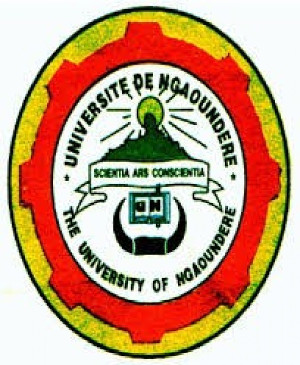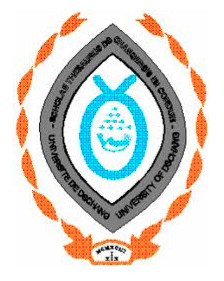This thesis, in a demonstrative approach reconciling at the same time the objective and subjective exegesis aims at heading with the condition of privileges in collective proceedings. Of this condition, it appears that privileges are manipulated according to the purposes allocated to collective proceedings. When they appear as an obstacle to the realization of the economic public service purposes allocated to collective procedings, their condition is disadvantageous. Because of this, or that they are subjected, just like other real securities without expropriation the rigour of collective discipline. The fact that they are from legal source does not allow to subtract them from pitchforks caudines of collective proceedings. Contemporary legislative tendency is in the alignment of the condition of privileges on that of the other real securities without expropriation. On the other hand, when they are in the service of the purposes of collective procedings, their condition seems favourable. This dialectical treatment of privileges in collective proceedings is a product of a true pragmatism of the law on bankruptcy material. This one does not manhandle rules and solutions which serve his interests. The new Uniform Act organizing collective proceedings for the wipping off debts adopted on September 10th, 2015, takes into account the economic and pragmatic approach of material. This one instituted a “new cash” privilege for those who make new loans to company facing difficulties. At first glance, this privilege is in the service of the interests of the new loans creditors makers, but at the bottom, serves those of the debit firm rather. The aim of this legal guarantee is to facilitate the consolidation and the recovery of company facing difficulties. This juridical policy, incidentally, realist, which consists in making privileges, tools with teleological and incentive orientation, parried deficient in OHADA Law. Because of this, we invite OHADA lawmaker: to reinforce the effectiveness of privilege of new money, to acknowledge the skills of privilege in the legal guarantee of the “creditors of the mass”, to institute a teleological, more appropriate and more selective criterion of admission to the privileged treatment reserved for the elected later credences, to enunciate the rule of the payment more apparently in the expiry date of the “credences of the mass” of the article 117 of AUPC, to improve the rank of payment of the “creditors of the mass”, so that he is delightful and incentive enough to mobilize the financing of the firm in suspension of payment

